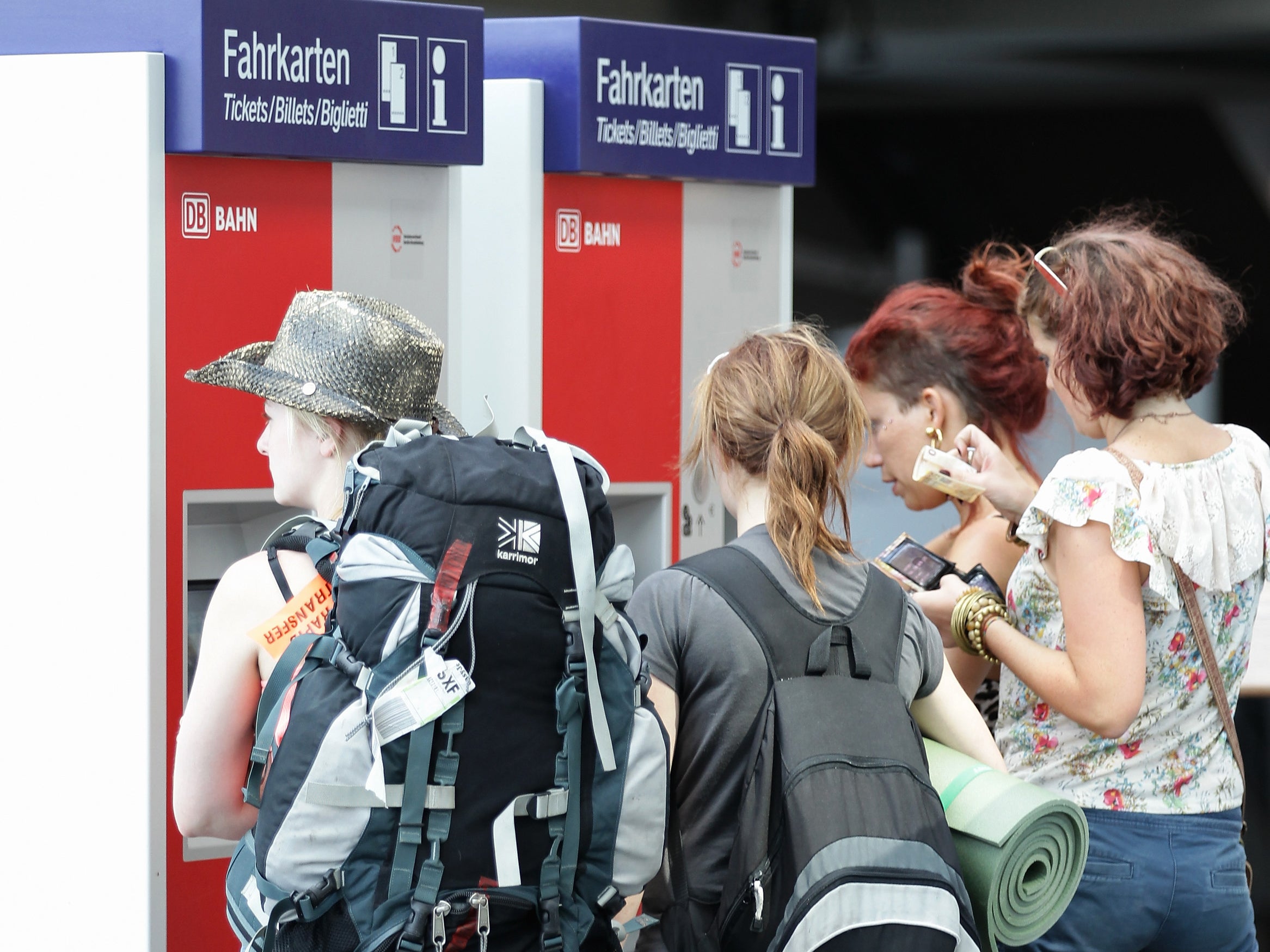EU plans to give free Interrail pass to every 18-year-old in Europe on their birthday
‘The mobility of young people is essential in promoting a sense of belonging to Europe’

Your support helps us to tell the story
From reproductive rights to climate change to Big Tech, The Independent is on the ground when the story is developing. Whether it's investigating the financials of Elon Musk's pro-Trump PAC or producing our latest documentary, 'The A Word', which shines a light on the American women fighting for reproductive rights, we know how important it is to parse out the facts from the messaging.
At such a critical moment in US history, we need reporters on the ground. Your donation allows us to keep sending journalists to speak to both sides of the story.
The Independent is trusted by Americans across the entire political spectrum. And unlike many other quality news outlets, we choose not to lock Americans out of our reporting and analysis with paywalls. We believe quality journalism should be available to everyone, paid for by those who can afford it.
Your support makes all the difference.Plans to give all teenagers living in the EU a free Interrail pass on their 18th birthday are to be debated at the European Parliament.
The proposal aims to give young Europeans a “sense of belonging” to the continent and comes after the President of the European Commission Jean-Claude Juncker called for greater cooperation within the EU during his State of the Union speech in Strasbourg.
Under the initiative all EU citizens or legally residing individuals would receive a pass as soon as they turned 18, which they can use to travel the vast railway network connecting most major cities throughout the continent.
Citizens of member states not part of the Interrail connection, such as Estonia, Latvia, Lithuania, Cyprus and Malta, will be allowed to use other modes of transport free of charge under the scheme, such as a bus or ferry.
A month-long Global Interrail pass currently costs €479 (£412) and allows customers unlimited train travel through 30 countries within that period. It is particularly popular with recent school leavers and those taking gap years before university.
MEPs will vote on the proposal next week, which has been drawn up by German MEP Manfred Weber, Chairman of the EPP Group in the European Parliament.
“Such a programme would give the opportunity to all young people regardless of their social and educational background to discover Europe diversity, and promote Interrail travel as a pragmatic way to reduce carbon foot print,” the plans state.
Speaking at the European Parliament earlier this year, Mr Weber said the Interrail initiative would enable young people “to discover the beauty and diversity of Europe over three weeks within a two-year period”.
According to calculations by German news service Tagesschau, the cost of the proposal could reach €1.5bn (£1.3bn) per year, assuming between 50 and 70 per cent of the estimated 5.4 million 18-year-old living in the EU at present took up the offer.
Italian Prime Minister Matteo Renzi has reportedly backed the initiative calling it “a very good idea”, according to The Washington Post.
Mr Renzi has created a similar scheme in Italy, giving all 18-year-olds €500 (£430) to spend on social or cultural events.
The German government, whose backing is considered imperative for the proposal to get the green light, is understood to be favor of the plan.
The European Parliaments’ Conference of Presidents have also publicly announced their support for the initiative.
Critics of the proposal, however, argue spending billions on the scheme is unjustifiable while youth employment poses a concern in many EU countries.
Further arguments state the proposal favours teenagers in richer EU nations and negelects those in countries such as Greece, Spain and Portugal, where large swathes of young people are unemployed and may not be able to afford to travel around Europe even if the ticket itself was free.
Chief of the Social Democrats in the European Parliament, Gianni Pittella told Junge Freiheit: “I am not fully convinced that this is the EU's top priority", stating that jobs for young people were more important.
Earlier this month, Mr Juncker called on EU citizens to construct a “better Europe” through increased co-operation, while setting out the Commission’s plans for the first time since the UK voted to exit the EU.
Join our commenting forum
Join thought-provoking conversations, follow other Independent readers and see their replies
Comments